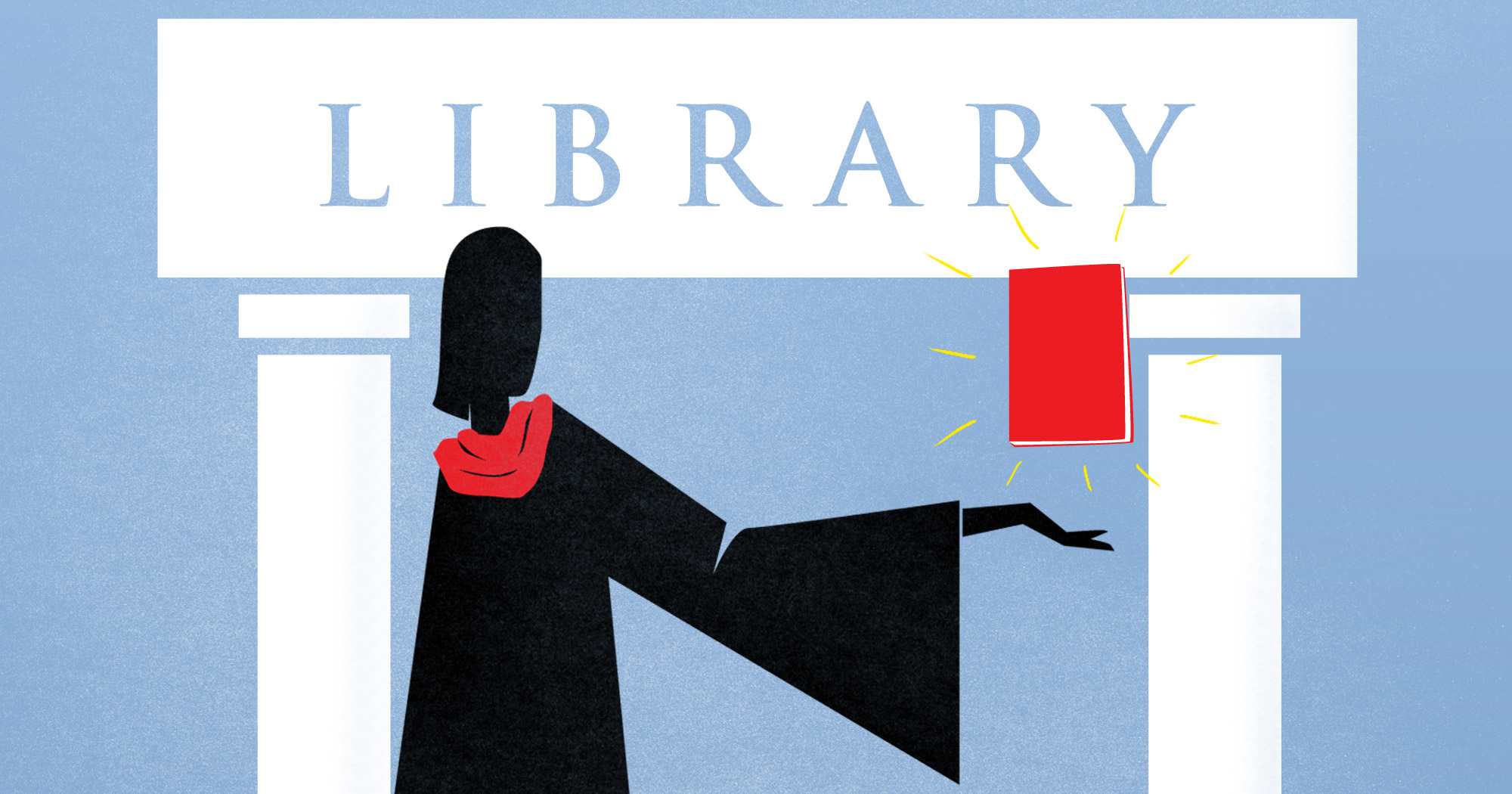Publishing and the Public Space: How Libraries Can Support Self-Publishing

The publishing industry isn’t uniformly kind to people who try to break into it. The first thing that comes to my mind is the dearth of LGBT thrillers out there. Until several years ago, if I wanted to read about a rogue agent rescuing her ex-girlfriend, the president’s daughter, from terrorists (again,) then I had one option..
Even today, in our enlightened era of openness and acceptance, there are severe deficits in books by and about African Americans and other American racial and ethnic minorities. Low-income people and the needs of low-income communities often aren’t represented in mainstream literature except as outsider case studies. On top of all this, textbooks just keep getting more and more expensive.
Libraries have long endured lack of diversity in books and lack of access to educational materials with gritted teeth, telling ourselves that if we hashtagged and advocated hard enough, we’d see the change we wanted to be in the world.
But with self-publishing, we don’t necessarily have to wait for that.
But how feasible is self-publishing in a public library, for real? The answer, of course, depends on your goals.
Getting an e-book published is usually pretty possible regardless of your level of tech expertise. Just by giving patrons free Internet access, we make it possible for them to access the user-friendly CreateSpace and Xlibris self-publishing brands. Foreword Reviews has mentioned IngramSpark’s publishing partnership with libraries. There is also the excellent SELF-e, a library-facilitated platform where an indie author can digitally publish, be reviewed, hit the public library market, and still sell their masterwork for profit on Amazon or Smashwords if they want to. To say that SELF-e is a good option for public libraries is like saying that having e-books is a good option. It’s a fantastic deal and everyone should do it.
The problem is that not everyone who wants or needs to publish will be on the right side of the digital divide. Consider a community activist in a low-income neighborhood trying to publish a handbook on low-cost food gardening. Or a journalist trying to draw attention to the troubled history of a local senior care facility. Or a teenager publishing a kid’s guide to dealing with alcoholic parents. A digital book isn’t necessarily easy to pass around, especially if not everyone in your target group has enough money for a fancy phone, the tech know-how to download a book without nuking their hard drive by accident, or enough privacy to feel safe buying a title using a parent’s Amazon account. These are just a few examples off the top of my head. Even now, only 14 percent of patrons use e-books at their libraries. That’s a lot of slack to cut for digital-only self publishing. SELF-e is a great start, but if you’re serious about giving patrons a voice, then paper is the way to go.
The Brooklyn Public Library probably has the most famous public library bookmaking setup at the moment, which makes a lot of sense for the fifth largest library system in the United States. Their magic box, Espresso Book Machine, is a Swiss Army knife of publishing and printing. It also happens to look darn nifty in action. Its problem is that it ain’t cheap, so neither is printing up your own self-published, printable book. Becoming a published author will put you back about $150 at Brooklyn. However, that price varies. Brooklyn’s package includes design and formatting consultation. In contrast, the Edmonton Public Library Makerspace only charges $15 per 200-page book using the same machine. The DC Public Library even offers bulk discounts, with the baseline coming out to about $6 for 200 pages.
With this setup, self-publishing is still a problematic proposal for low-income communities and authors who lack startup funds, but it’s a start. And, frankly, paying is par for the course in self-publishing. Most public libraries already charge for printing tax documents and lease contracts, so you can’t expect an honest-to-goodness bound book to come free. Nor can you really be expected not to charge for coil binding, comb binding, or other gadgetry-supported self-publishing services that need regular maintenance and use raw materials. Money’s just part of life.
But come on, people. We’re librarians. If we believed that the story ended with a paltry lack of funds, we’d all be sitting in empty buildings full of bare shelves.
Teaching authors to be authors
History is riddled with examples of awesome writers who are otherwise just bad at everything. I would like to take this opportunity to point out that most of these misunderstood geniuses lived prior to the age of free public library programming.
Coincidence? I think not!
If you’re going to plunk down $125,000 for an Espresso Book Machine, or even hitch your wagon to the SELF-e star, you may as well capitalize on your investment by offering supportive programming. You can’t offer paper-based publishing for free, but as long as you have a building and a programming librarian, you can give people knowledge for cheap. And if you can’t afford either a book binding machine or SELF-e, but want to participate in services of this nature in the future, then you can build support using programming and eventually offer self-publishing to an eager and well-primed patronage.
You can:
-
Invite successful self-published authors to come and speak about how to be a self-publishing success;
-
Hold writers’ workshops or regular writing groups;
-
Invite a bunch of self-published authors over for a nice author fair;
-
Hold a writing contest to help self-published authors gain exposure.
If you splurge on self-publishing platforms without the programming infrastructure to back it up, you’ll be disappointed in the end. People won’t use what you’ve got. They’ll be frustrated by their lack of success if their books aren’t formatted right or don’t sell well.
Supporting your self-publishing patrons means empowering your patrons to engage in transactions of words with the rest of the world. When you think about it, this is what libraries have always done. The difference is that now we have the power to help our patrons answer back.

Anna Call is a reference librarian at the Nevins Memorial Library in Methuen, Massachusetts. Follow her on Twitter @evil_librarian.
Anna Call
